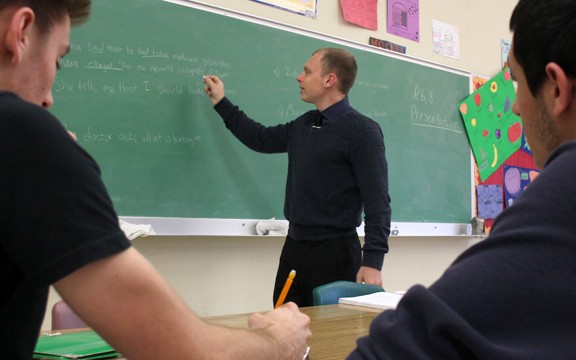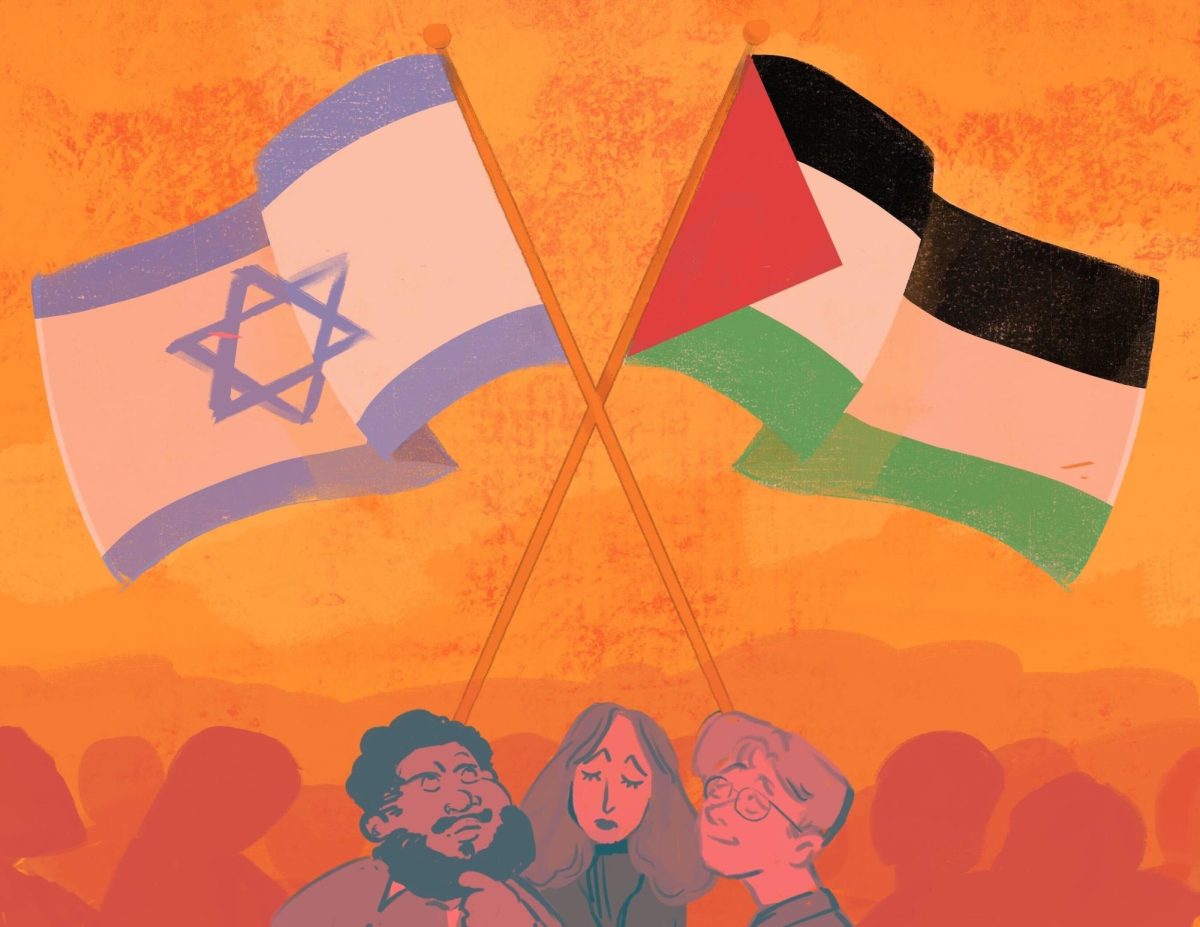The Department of Russian and Slavic Studies and the Jewish Family and Children’s Service have collaborated to provide UA students with “service and experiential learning” internships.
Two internship programs are offered to students through the Department of Russian and Slavic Studies. Students are provided the opportunity to work with Russian-speaking Holocaust survivors in Tucson through the JFCS Holocaust program. The other internship consists of assisting in the Russian language program at one of three Tucson high schools: Sabino High School, Santa Rita High School or Canyon del Oro High School.
“By using language skills, students can both give and receive,” said Teresa Polowy, head of the Department of Russian and Slavic Studies. “They can share, mentor, lend [an] ear and also receive. They receive information about themselves and they learn what they can and cannot do in a language.”
Joseph Shaw, a Russian studies junior said there are always interesting opportunities from a student perspective for Russian studies.
“I am part of the Air Force in ROTC,” Shaw said. “The Air Force is looking for good language speakers right now. Russia is going to play a very large role in the next 15 to 20 years and has come out of a big economic deprivation and I think it is a fascinating culture with an interesting history.”
The internship program that collaborates with local high schools is also open for UA Russian majors and graduate students. The interns help out the students in the Russian classes at the high schools. This internship includes mentoring, serving as a role-model, providing instructional aid and bridging the gap between
the high schools and the university, Polowy said.
“[The internships] are ways to use ones language skills in the larger community,” Polowy said. “Sometimes we are so concentrated on our professions and jobs that we don’t stop to think that knowing any other languages can complement and supplement our lives. It is another way of learning and that is this idea of service learning.”
The department’s longest-lasting internship program is with Sabino and Santa Rita. The schools have had internships available since August 2007 and Canyon del Oro was added in August 2012. Archaeology senior, Albert Casella is an intern with the high school students at Sabino.
“It is very exciting to see how interested [the students] actually are,” Casella said. “I learned a lot. I learned how to plan and organize and how to really work with someone else and teach them.”
Some teachers commented on the benefits of providing education
about Russia.
“I think our country needs experts in various fields of knowledge in Russia,” said Irina Kamenkovich, a Russian teacher at Santa Rita and Sabino, as well as Pima Community College. “There are a lot of things that we don’t know about the country. We have been having a very controversial relationship with Russia and this is a good exercise in terms of how to figure out how to say things correctly. My students are improving their logical thinking and their thinking in general. It is a great culture with a special history.”









